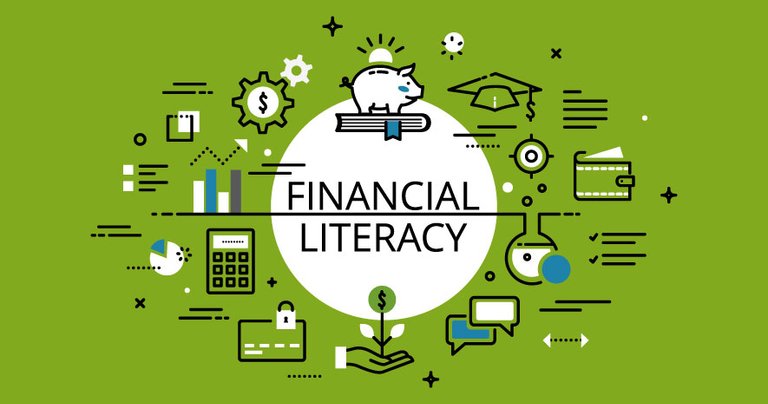Financial literacy is the understanding and ability to manage one's financial resources effectively. It involves being aware of and informed about financial concepts, as well as being able to make informed decisions about financial matters. In today's world, financial literacy is becoming increasingly important as people are faced with a multitude of financial decisions and challenges on a daily basis.
One key aspect of financial literacy is understanding the basics of personal finance, such as budgeting, saving, investing, and debt management. This includes being able to create and stick to a budget, setting financial goals and developing a plan to achieve them, and being aware of the various investment options available and the risks and rewards associated with each.
Another important aspect of financial literacy is being aware of and understanding financial products and services, such as bank accounts, credit cards, loans, and insurance. It also involves being able to compare and evaluate different financial products and services in order to make informed decisions about which ones to use.
Financial literacy also involves understanding the broader financial landscape, including economic principles and trends, as well as being aware of the various financial institutions and regulatory bodies that shape it. This includes understanding how to protect oneself from financial fraud and scams, and being aware of one's rights and responsibilities as a consumer.
In addition to helping individuals make informed financial decisions, financial literacy is also important for the overall health of an economy. When people are financially literate, they are more likely to make responsible financial decisions, which can help to stabilize the economy and prevent financial crises.
Improving financial literacy involves gaining a better understanding of financial concepts and being able to make informed decisions about financial matters. Here are some steps you can take to improve your financial literacy:
Educate yourself: The first step to improving your financial literacy is to gain a better understanding of the basics of personal finance. This can be done through reading books, taking online courses, or seeking guidance from a financial planner or adviser.
Create a budget: One of the most important tools for managing your finances is a budget. A budget can help you track your income and expenses, and identify areas where you can cut costs or save more money.
Set financial goals: Knowing what you want to achieve financially can help you stay motivated and on track. Set specific, measurable, achievable, relevant, and time-bound (SMART) financial goals to help guide your financial decision-making.
Learn about financial products and services: There are many different financial products and services available, such as bank accounts, credit cards, loans, and insurance. It is important to understand the features, fees, and risks associated with these products and services so that you can make informed decisions about which ones to use.
Protect yourself from financial fraud: Financial fraud and scams can be costly and emotionally draining. Stay vigilant and be aware of the various types of financial fraud, and take steps to protect yourself and your financial information.
Seek guidance from a financial professional: If you have questions or need advice about your finances, consider seeking guidance from a financial professional such as a financial planner or adviser. These individuals have the knowledge and expertise to help you make informed financial decisions.
Posted Using LeoFinance Beta
